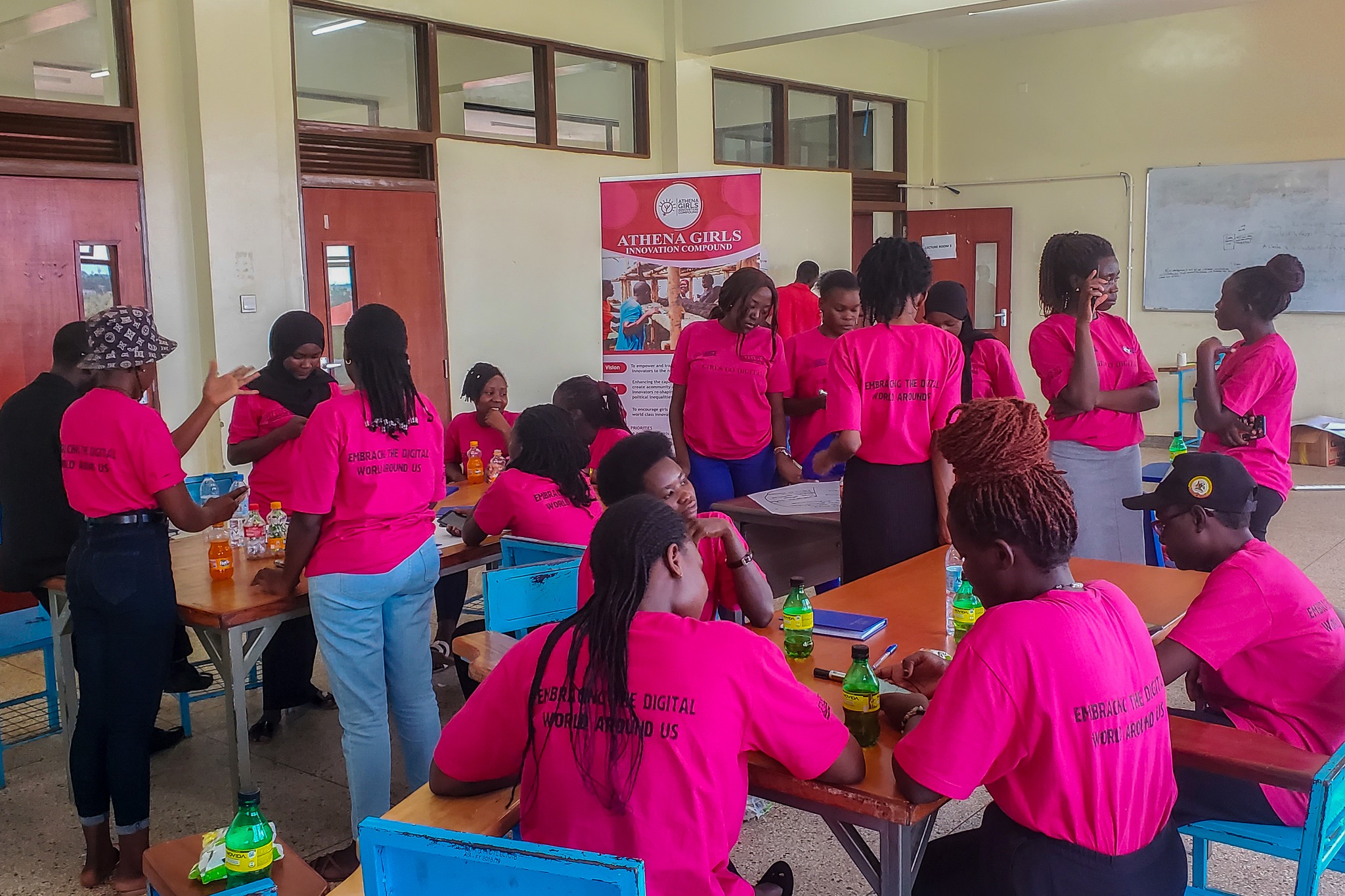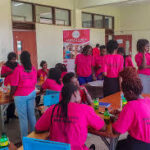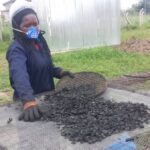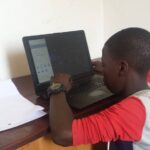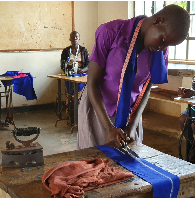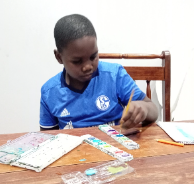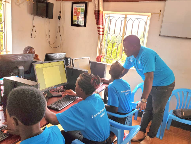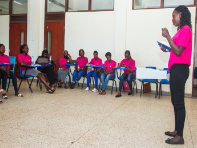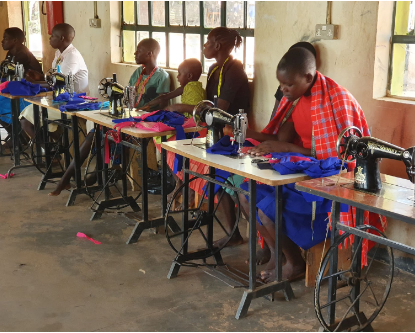In many conflict-affected and underserved communities in Northern Uganda, girls often grow up unheard. Their voices are silenced by poverty, cultural norms, or the lingering trauma of displacement. Yet, with something as simple as a mobile phone, these same girls can begin to reclaim their voices, share their stories, and transform their futures.
Why Mobile Storytelling Matters
Mobile storytelling is more than a digital skill—it is a tool of liberation. In a world where technology connects ideas and amplifies messages, teaching girls to use their phones for storytelling becomes an act of empowerment.
Through recording audio, taking photos, and creating short videos, girls begin to share their reality in their own words. They tell stories of resilience, daily challenges, and moments of hope. Whether they are documenting the effects of child marriage, advocating for climate justice, speaking up about school safety, or demanding access to education, their stories ignite awareness and spark meaningful community action.
Building Skills and Confidence
Our school-based and community programs offer girls the opportunity to lead storytelling projects that go far beyond sharing experiences. These initiatives build practical and lifelong skills such as:
- Confidence – learning to speak out and share personal stories.
- Leadership – guiding projects and inspiring peers.
- Critical Thinking – analyzing community issues and identifying solutions.
- Digital Literacy – using mobile devices and apps responsibly.
Most importantly, the programs are designed with safety at the core. We emphasize privacy, informed consent, and ethical storytelling, ensuring that girls can participate without fear of exploitation or harm. This balance of empowerment and protection is essential in fragile contexts like Northern Uganda.
The Ripple Effect of One Voice
We have seen firsthand the power of these voices. A single girl’s story, when heard, can shift perspectives in her family or community. When a group of girls share their experiences collectively, they can influence decision-makers, challenge harmful practices, and even shape local policies.
For example, when girls speak out about the dangers of early marriage, community leaders begin to pay attention. When they raise awareness about climate change or environmental degradation, neighbors start adopting new practices. These are not small impacts—they represent the seeds of long-term transformation.
Technology as a Bridge, Not a Barrier
Some may view technology as out of reach in underserved communities, but mobile phones are surprisingly widespread. Even basic devices with simple camera or recording functions can become powerful tools for change. What matters is not the sophistication of the device but the creativity, training, and guidance offered to the girls who use them.
By treating mobile phones as tools for learning and advocacy, rather than distractions or luxuries, we open new opportunities for innovation and community engagement. Girls are no longer passive consumers of information; they become creators, innovators, and changemakers.
Why Partnerships Are Essential
The potential of girl-centered storytelling cannot be realized in isolation. To scale this impact, we need strong partnerships—with schools, community organizations, donors, and individuals who believe in the power of girl-led change.
Partnerships allow us to expand access to equipment, provide mentorship, and build digital platforms where these stories can reach wider audiences. More importantly, partnerships create sustainability, ensuring that this work continues long after a single project cycle ends.
How You Can Support
With your support, we can equip more girls with the tools and training they need to tell their stories. Contributions can go toward:
- Providing mobile devices and internet access for storytelling projects.
- Training mentors who guide girls through safe, ethical storytelling.
- Hosting workshops that combine leadership, technology, and advocacy.
- Creating platforms—online and offline—for stories to reach policymakers and communities.
When a girl tells her story, she doesn’t just find her own voice. She inspires others to speak, act, and dream. Together, these voices create a chorus for change—one that no community can ignore.
Conclusion: The Future Belongs to Her
Empowering girls through mobile storytelling and technology is not only about innovation; it is about justice and equality. By giving girls the chance to shape narratives, challenge norms, and propose solutions, we nurture a generation of leaders who will build stronger, more inclusive societies.
Every girl has a story worth telling. With the right tools, mentorship, and support, those stories can move communities, influence policies, and inspire the world. The future belongs to her—and it begins with the courage to speak and the power to be heard.



